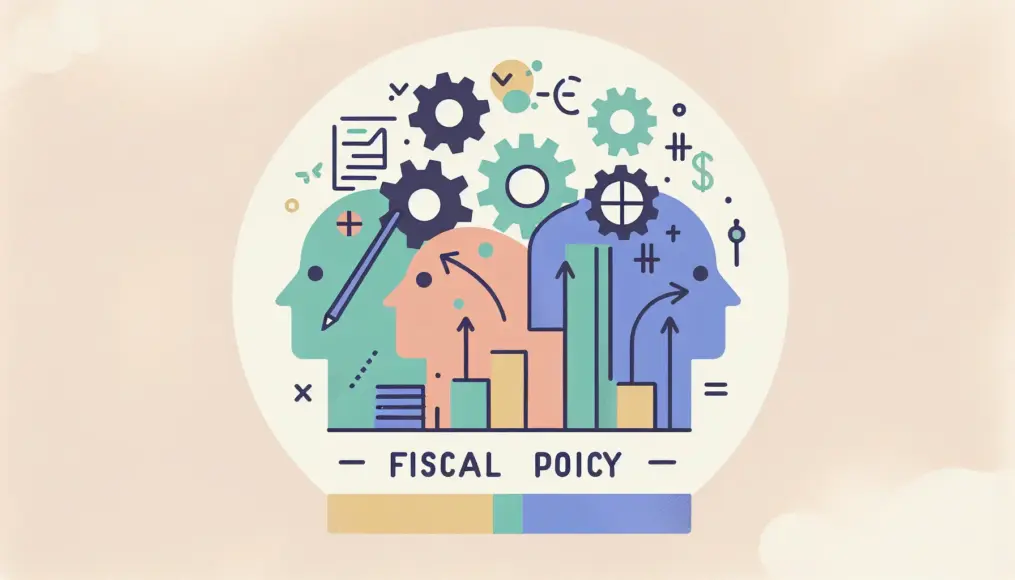As environmental challenges become increasingly severe, it’s essential for each of us to recognize our individual responsibility and take action. To safeguard the future of our planet, we must grasp the importance of environmental conservation and actively engage in it. In this article, we will explore the definition of environmental issues, their historical context, and how we can contribute to preserving our environment.
Additionally, we will outline specific actions we can take in our daily lives and local communities to pave the way for a better future. Let’s work together to identify what we can do right now to protect our environment.
- Learn about what environmental issues are and their background
- Understand the significance and impact of environmental conservation
- Discover practical initiatives we can undertake
Understanding Environmental Issues: A Critical Exploration
Environmental issues are a significant topic that greatly impacts our lives and future. Various problems, including global warming, loss of biodiversity, and resource depletion, are intricately intertwined. In this section, we will clarify the definition of environmental issues and explore their historical context and current state. This will help us understand why it is crucial for us to engage in environmental conservation.
What Are Environmental Issues?
Environmental issues refer to the negative effects caused by human activities on the natural environment and ecosystems. This encompasses air and water pollution, land degradation, climate change, and more. These problems not only have a direct impact on our health and quality of life but also pose serious threats to future generations.
Moreover, environmental issues are not confined to one country; they represent a global challenge. While the extent of their impact varies by nation and region, international cooperation is essential to address these concerns effectively.
- Environmental issues stem from human activities and their negative consequences
- They directly impact our health and quality of life
- These issues require international collaboration
Historical Context and Current State
The history of environmental issues is extensive, with rapid progress observed since the Industrial Revolution. Although technological advancements and economic growth have enriched our lives, they have also increased the strain on the environment. Particularly in the latter half of the 20th century, awareness of environmental conservation grew, leading to international treaties and initiatives.
Today, we face urgent challenges such as global warming and the plastic waste crisis. These issues are closely linked to our daily lives, and achieving a sustainable society requires a shift in consciousness and action from each individual.
- Environmental issues have escalated rapidly since the Industrial Revolution
- Awareness of environmental conservation has increased, leading to international initiatives
- We are confronted with urgent challenges that need immediate solutions
The Importance of Environmental Conservation and Its Impact
As environmental issues become increasingly severe, the importance of environmental conservation is growing. Understanding how our daily lives and economic activities affect the natural world and actively working towards its preservation is crucial for building a sustainable future. In this section, we’ll explore why environmental conservation is necessary and the impacts of environmental problems.
Why is Environmental Conservation Necessary?
Environmental conservation is essential for protecting our health and quality of life. The natural environment provides us with vital resources; clean water, fresh air, and rich ecosystems are directly linked to our survival. When the environment deteriorates, these resources dwindle, putting people’s lives at risk.
Moreover, environmental conservation positively impacts the economy. Utilizing sustainable resources and promoting renewable energy can create new industries and job opportunities. The development of eco-friendly technologies and products will also contribute to future economic growth.
- Environmental conservation safeguards our health
- The natural environment is our resource
- Contributes to sustainable economic growth
The Impacts of Environmental Problems
As environmental issues progress, they affect our lives in numerous ways. For instance, climate change leads to frequent extreme weather events, negatively impacting agriculture and fishing industries. This instability in food supply can make life challenging for many people.
Additionally, environmental problems can exacerbate social inequalities. Vulnerable populations, especially in developing countries, are often the hardest hit by environmental issues, facing increased susceptibility to resource depletion and natural disasters. Thus, environmental problems are not just ecological challenges; they represent significant issues that affect society as a whole.
- Environmental issues trigger extreme weather
- Lead to instability in food supply
- Contribute to social inequality
Actions We Can Take for Environmental Conservation
Environmental issues are closely intertwined with our daily lives, and addressing them requires efforts from individuals and communities alike. From small actions we can take in our everyday routines to larger community initiatives, our behaviors can significantly contribute to environmental conservation. In this section, we will explore how we can engage in specific efforts to protect our environment.
Everyday Actions We Can Take
There are countless ways each of us can contribute to environmental conservation in our daily lives. For instance, when shopping, bringing reusable bags can help cut down on plastic use. Additionally, choosing locally sourced food can reduce the environmental impact associated with transportation.
Moreover, it’s crucial to minimize wasteful consumption of electricity and water. By using energy-efficient appliances and being mindful of water usage, we can greatly reduce our household’s environmental footprint. When these everyday efforts accumulate, they can have a substantial positive effect on environmental conservation.
- Bring reusable bags to reduce plastic usage
- Choose locally sourced food to lessen transportation impact
- Be conscious of using energy-efficient appliances and saving water
Community Environmental Initiatives
In our communities, various activities aimed at environmental conservation are taking place. Participating in local clean-up efforts or tree-planting events not only helps protect the environment but also strengthens community bonds. These activities encourage interaction among participants and raise awareness about environmental issues.
Another approach is to collaborate with local environmental organizations and NGOs. This allows you to be part of broader initiatives, while also providing opportunities to learn specialized knowledge and skills. By engaging with your community, we can raise awareness about environmental issues and contribute to building a sustainable society.

If you found this article interesting, you might also like “Understanding Environmental Issues: A Step Towards a Sustainable Future.” This piece delves into the history of environmental challenges and their impacts, while also offering practical action suggestions. Let’s deepen our knowledge and reflect on the actions we can take together.
- Participate in local clean-up efforts or tree-planting events
- Collaborate with environmental organizations and NGOs
- Raise awareness about environmental issues through community engagement
A Vision for Environmental Conservation for the Future
As environmental issues become increasingly severe, the future we should strive for is one of sustainable development. In this vision, economic growth and environmental preservation coexist, allowing us to pass on a beautiful planet to the next generation. In this section, we will explore what a sustainable society looks like and consider the prospects and challenges ahead.
What is a Sustainable Society?
A sustainable society is one that prioritizes environmental conservation and social equity while pursuing economic development. In this society, it’s crucial to avoid wasteful use of resources and embrace renewable energy sources and circular economies. People are encouraged to adopt environmentally conscious lifestyles, and communities work together to engage in conservation efforts.
To achieve a sustainable society, not only individual awareness needs to change, but corporate and government policies are also vital. Specifically, there is a need for the development of environmentally friendly technologies and systems that promote the sustainable use of resources. This approach will enable us to address environmental issues more effectively.
- A sustainable society balances economic growth with environmental protection
- Emphasizing the importance of renewable energy and circular economies
- Policies from governments and businesses significantly influence sustainability
Future Prospects and Challenges
The future of environmental conservation presents various prospects and challenges. First, as technological innovation progresses, new, eco-friendly solutions are emerging one after another. This evolution is likely to transform our daily lives into more environmentally friendly experiences. However, effectively disseminating these technologies will require substantial investment and supportive policies.
Moreover, environmental issues and their solutions vary by region and country, making international cooperation essential. In particular, developing countries face severe challenges, such as resource depletion and environmental degradation, highlighting the need for support in these regions. Strengthening international efforts to tackle environmental problems is crucial.

If you’re interested in this topic, we recommend checking out this article: “What Impact Do Environmental Issues Have on Society? Solutions We Can Implement.” This piece analyzes how environmental issues affect our society and explores specific solutions, providing valuable insights for building a sustainable future.
- Technological innovation offers new possibilities for environmental conservation
- Investment and policies are key to effective dissemination
- International cooperation is indispensable for solving environmental issues
Conclusion
Environmental issues are a crucial topic that profoundly impacts our lives and future. Understanding the necessity of environmental conservation and taking action at both personal and community levels is the first step toward building a sustainable society. There are countless ways each of us can contribute, from small daily actions to larger community initiatives.
To achieve a sustainable future, innovation and international cooperation are also essential. Our awareness and actions can empower us to pass on a better planet to the next generation. By engaging in environmental conservation efforts, we not only enrich our own lives but also play a part in safeguarding the Earth’s future.
- Environmental issues have a serious impact on our lives
- Personal and community efforts in environmental conservation are vital
- International cooperation is necessary to realize a sustainable future
Now, let’s think about what actions you can take for environmental conservation. We’d love to hear your thoughts and experiences in the comments!



Comment